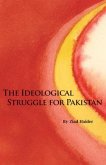
10,99 €
Versandfertig in über 4 Wochen
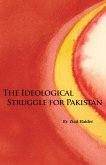
6,99 €
Sofort per Download lieferbar
Ähnliche Artikel
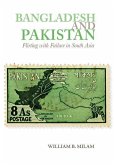
Broschiertes Buch
Flirting with Failure in South Asia
22. Oktober 2010
Oxford University Press, USA

16,99 €
Versandfertig in über 4 Wochen
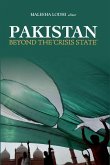
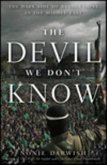
13,99 €
Versandfertig in über 4 Wochen
Broschiertes Buch
The Dark Side of Revolutions in the Middle East
1. Februar 2012
Turner Publishing Company
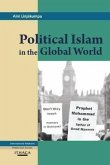
22,99 €
Versandfertig in über 4 Wochen
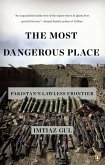
15,99 €
Versandfertig in über 4 Wochen
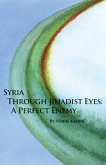
12,99 €
Versandfertig in über 4 Wochen
Broschiertes Buch
A Perfect Enemy Volume 583
26. April 2010
Hoover Institution Press
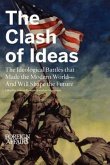
Broschiertes Buch
Dezember 2011
FOREIGN AFFAIRS
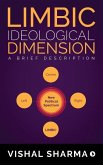
12,99 €
Versandfertig in über 4 Wochen
Broschiertes Buch
7. Januar 2019
Notion Press Media Pvt. Ltd
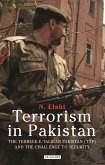
Broschiertes Buch
The Tehreek-E-Taliban Pakistan (Ttp) and the Challenge to Security
2. Mai 2019
I. B. Tauris & Company
Ähnlichkeitssuche: Fact®Finder von OMIKRON
